-
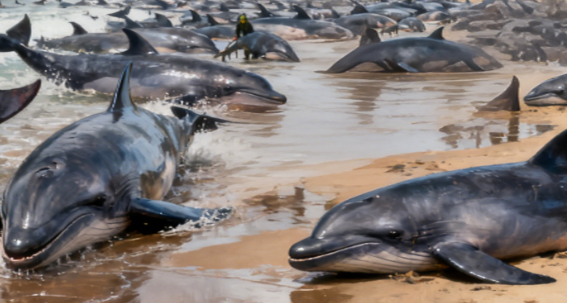
Mass Whale Stranding Occurs Again in Tasmania, Australia
On September 23, the most severe whale stranding incident in nearly two decades occurred near Macquarie Harbour in Tasmania, Australia: approximately 470 long-finned pilot whales stranded in batches, with 380 confirmed dead by the 24th. Rescue teams successfully freed over 80 whales using slings and barges. However, due to the whales’ massive size (7 meters…
-
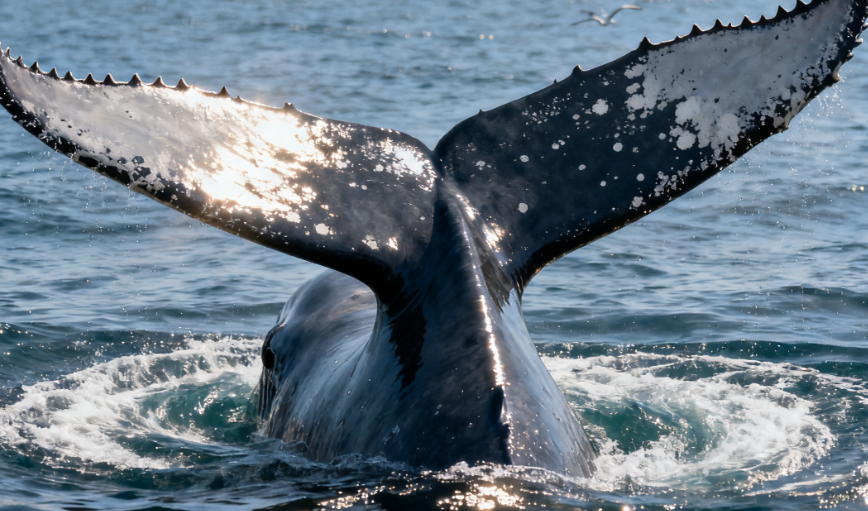
Humpback Whale Killed by Speeding Ferry in French Polynesia
On September 17, a tragedy unfolded near French Polynesia’s Tahiti: a 2-3-year-old female humpback whale (nicknamed “Coco”) was severely injured after being struck by a high-speed ferry, ultimately drowning with her upper jaw nearly completely severed. The ferry involved was traveling at 55 km/h in a 9 km/h speed-restricted zone—six times the limit. Witness videos…
-
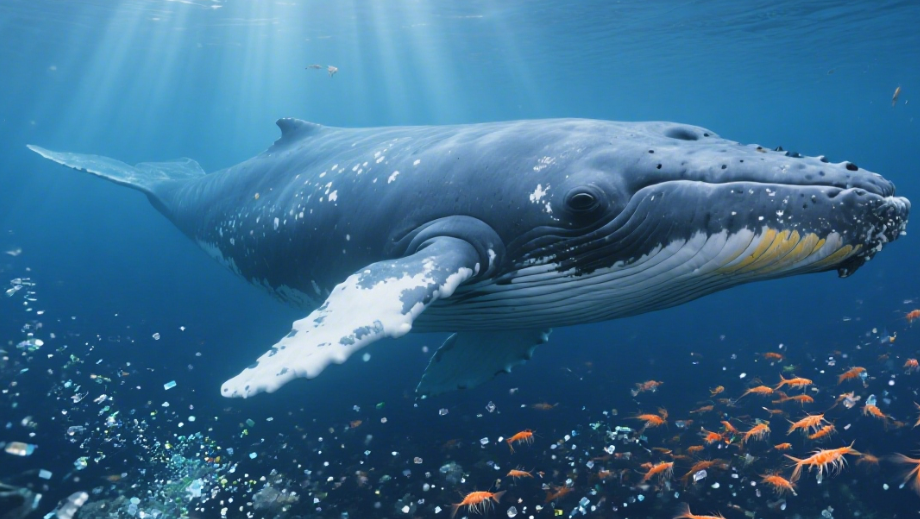
Study on Microplastic Ingestion in Blue Whales
Research from Stanford University indicates that blue whales may ingest up to 10 million microplastic particles daily, primarily through krill consumption. Within California’s ocean current ecosystem, microplastic concentrations at depths of 50–250 meters highly overlap with whale feeding zones, turning filter-feeding whales like blue whales and humpback whales into “plastic vacuum cleaners.” Long-term accumulation may…
-
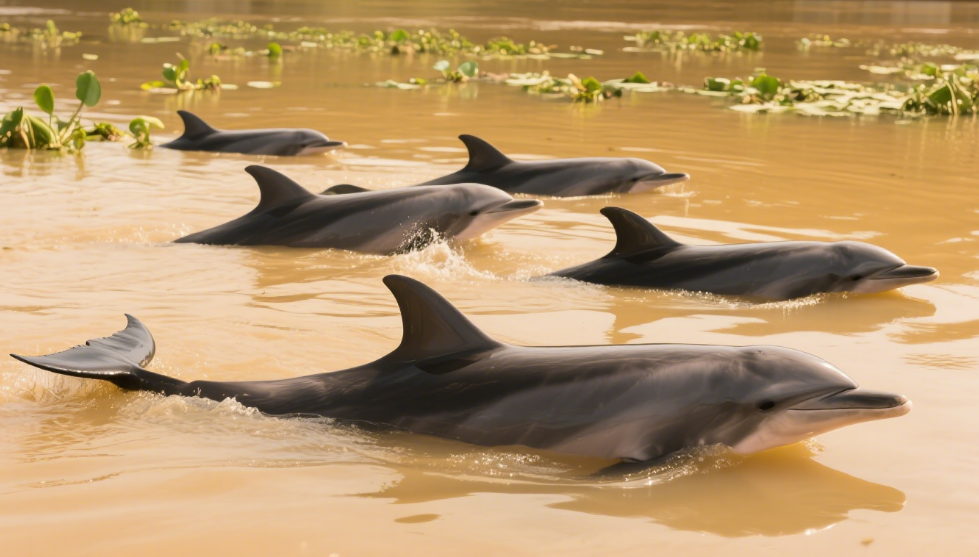
China and Cambodia Join Forces to Safeguard Mekong River Dolphins with High-Tech Solutions
Cambodia announced on August 28 that it will draw on China’s Yangtze River dolphin conservation experience to launch an intelligent monitoring project for Irrawaddy dolphins in the Mekong River. Supported by the Institute of Hydrobiology of the Chinese Academy of Sciences, the project will establish an integrated monitoring network spanning land, air, and water through…
-
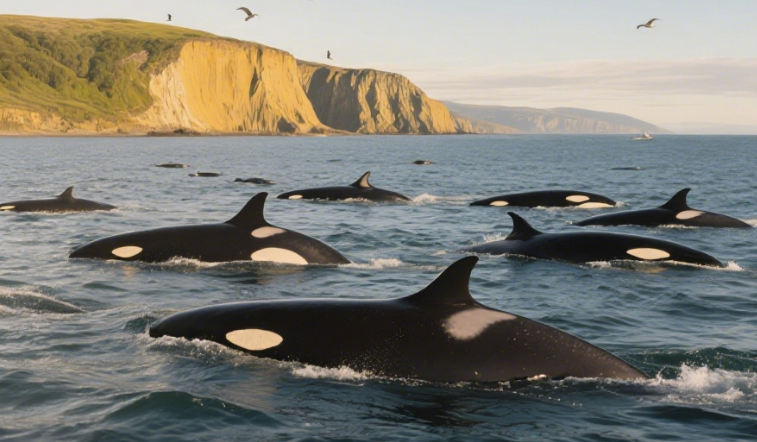
The Ecological Concerns Behind Argentina’s Record Whale Population
In August, Argentina’s Valdés Peninsula welcomed 2,100 southern right whales—a 15% increase from last year and a historic high. This phenomenon stems from the region’s 40-year fishing ban and marine reserve development, yet it also brings challenges like strained food resources and heightened conflicts with fisheries. Each whale consumes 1.5 tons of krill daily, potentially…
-
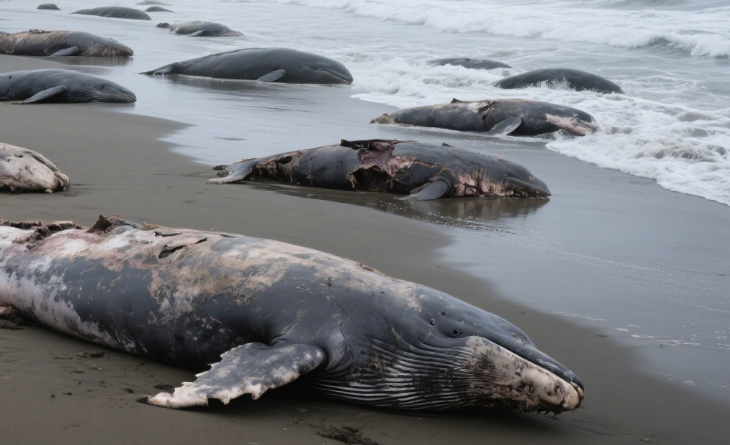
23 Pilot Whales Found Dead After Mass Stranding in Scotland, UK
In August 2025, the carcasses of 23 pilot whales were discovered on the beach of the remote Scottish island of Sande Island. The group included a 7-meter-long male whale, calves, and a pregnant female. The bodies had been decomposing for several days, with the estimated time of death exceeding 72 hours. This tragedy follows last…
-
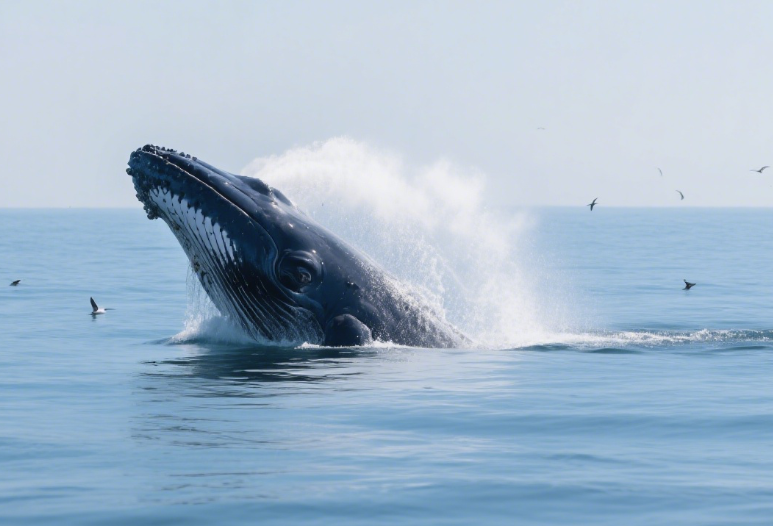
Plastic traps for filter-feeding whales
Research from Stanford University found that blue whales may accidentally ingest up to 10 million microplastics per day, with their feeding depth (50–250 meters) coinciding with the peak plastic concentration zone of the Great Pacific Garbage Patch. As the primary food source for blue whales, krill contain microplastics that, when combined with heavy metals, amplify…
-
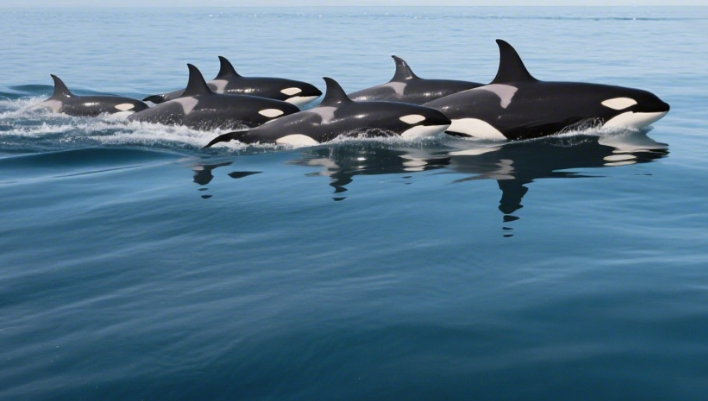
Arctic food chain disrupted: Orcas migrate and threaten native species
As Arctic sea ice melts at an accelerated rate, two genetically distinct orca populations have established habitats near Baffin Island, Canada. Monitoring in the summer of 2025 revealed that killer whale activity had expanded further north into the Chukchi Sea, directly conflicting with the endangered Arctic bowhead whale. An adult bowhead whale was observed with…
-
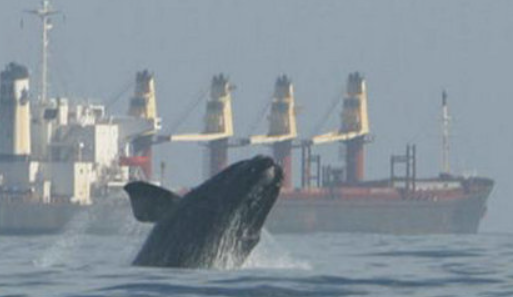
Minke Whale Collision with Boat in New Jersey, USA
On August 2, 2025, a collision between a cruise ship and a minke whale in Barnegat Bay, New Jersey, U.S., resulted in the death of the 20-foot whale and a passenger on the ship being thrown into the water by the force of the impact. Eyewitness video showed the whale attempting to swim to deeper…
-
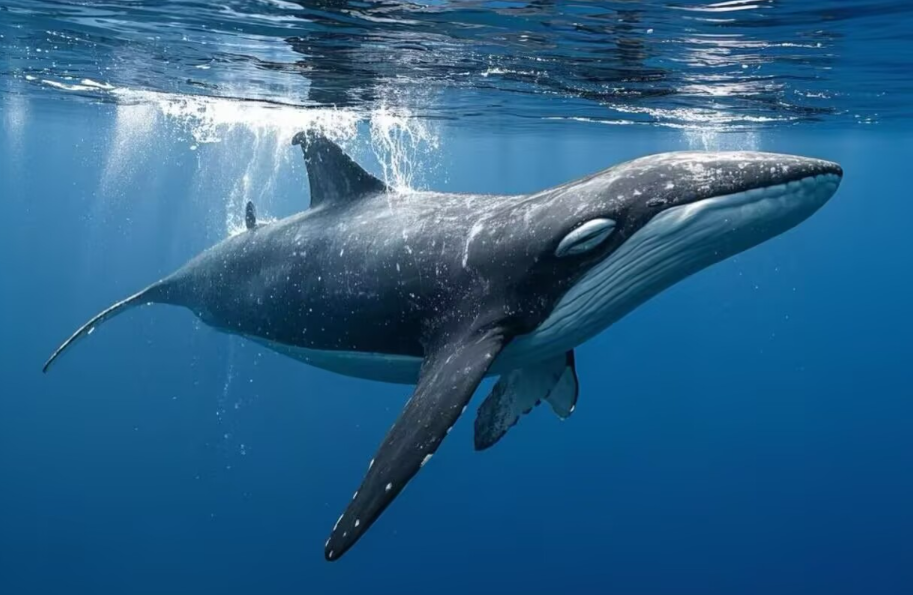
Neurodestruction from Shipping Noise
The Norwegian Institute of Marine Research (NIMR) has found that 10,000 tons of cargo ship noise can cause Alzheimer’s-like brain lesions in cetaceans within 50 kilometers of the ship.2025 An autopsy of a mass stranding of four sperm whales in the Mediterranean Sea in July showed bursting damage to the inner ear tissue from the…